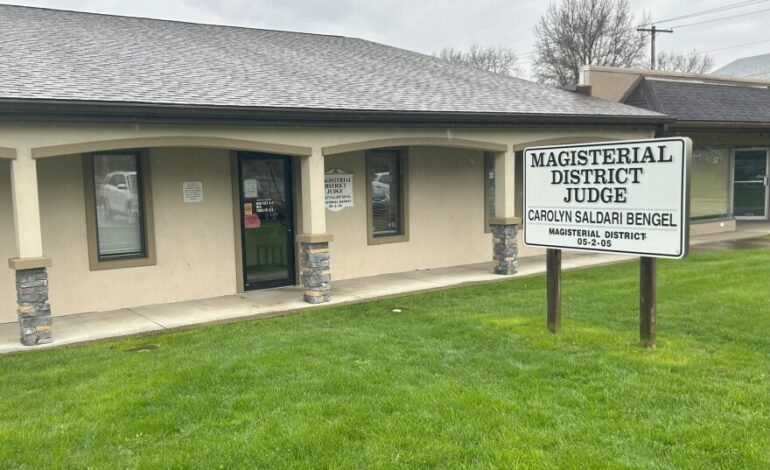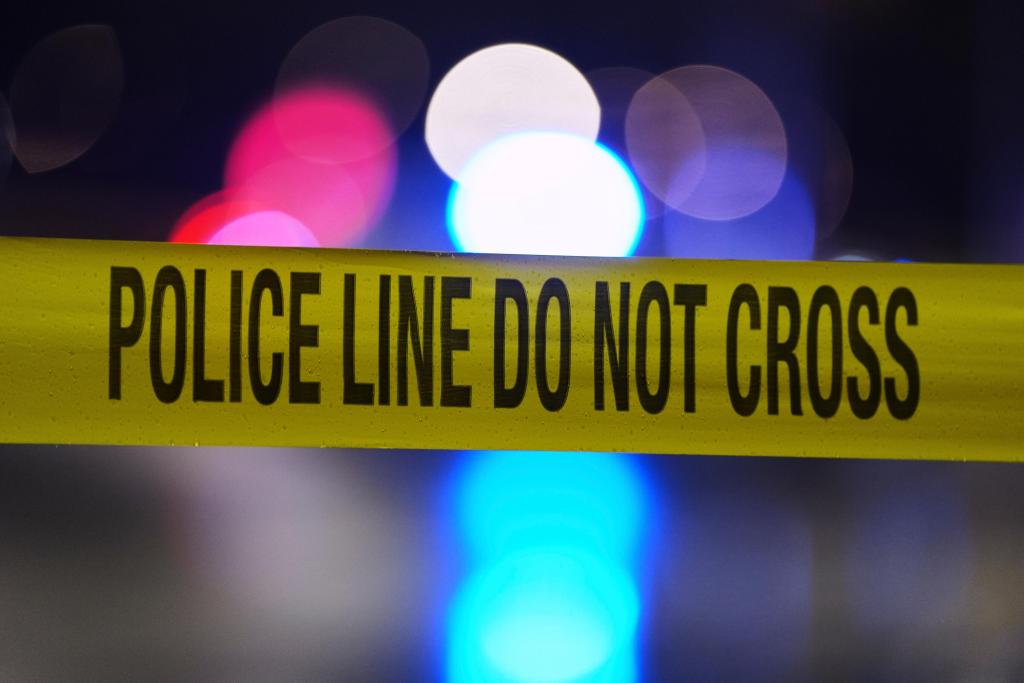Allegheny County Judges Issue Nearly $100K in Fines to Youth

In 2023, magisterial district judges in Allegheny County imposed fines totaling nearly $100,000 on students aged 5 to 17 for various offenses, according to data obtained from the Pennsylvania Office of Administrative Courts. This figure reflects a growing trend in which judges have discretion in determining fines, often leading to significant disparities among different demographics.
During a recent court session, Magisterial District Judge Leah Williams Duncan reviewed cases involving youth accused of offenses such as disorderly conduct and property damage. These citations were prevalent prior to a June 2023 moratorium on school-related citations implemented by Pittsburgh Public Schools. Judge Duncan, who is the only Black female judge among the 46 in Allegheny County, emphasized her reluctance to impose fines, stating, “We’re already addressing students who have behavioral issues or mental health issues. And the resources that are at my disposal to assess a monetary fine — just to me, it makes absolutely no sense.”
The legal framework permits Pennsylvania judges to enforce fines of up to $300 for juvenile offenses, alongside court fees and restitution. Despite this, many judges, including Duncan, prefer alternative measures such as community service, especially when the offense appears to be out of character for the student. “If it looks like it was a one-time thing, and even something that’s out of character, we just want to impress upon them, this could be serious, but it’s not right now,” she explained.
Disparities and Community Responses
The total fines imposed by Allegheny County judges jumped by 59% from 2021 to 2024. Notably, the fines levied against Black juvenile defendants were approximately double those against their white counterparts. According to the Fifth Judicial Court of Pennsylvania, nearly 4,800 citations were filed against youth in the county in 2024, highlighting a substantial volume of cases.
Judge Bruce Boni, who presides over cases from the Sto-Rox School District, echoed Duncan’s sentiments. He noted that fines are often issued when students fail to appear for hearings, saying, “It’s all about trying to eventually get to that positive outcome.” Boni acknowledged the systemic racial disparities within the justice system but emphasized that many issues stem from decisions made by schools and law enforcement regarding citations.
Community organizations, such as KidsVoice, are working to provide legal representation for youth facing citation hearings. During the last year alone, KidsVoice represented students in over 550 citation hearings, demonstrating a commitment to reducing the number of fines imposed. According to internal analysis, students with legal representation were three times more likely to win their cases compared to those without.
Challenges in the Judicial Process
Despite these positive developments, many students still attend hearings without legal representation. Pennsylvania’s Juvenile Act guarantees the right to counsel in juvenile court, but this does not extend to magisterial district courts. As a result, families that fail to pay fines may find themselves facing additional legal consequences, complicating their situations further.
Attorney Allison Ware, who previously represented minors in citation cases, highlighted a disturbing trend: students without advocates are often the first to incur fines. “If your mom’s not going to sit back there and say how terrible it was or she wants to bring up that you were bullied, which is why you reacted that way, we’re fining you immediately and we’re moving on,” she explained.
The pressure of financial penalties can lead to significant stress for families. Many parents reported having to forgo essential expenses to pay fines. Judge David Barton, presiding over cases in Baldwin, Castle Shannon, and Whitehall Borough, noted that community service provides students with a way to contribute positively without imposing undue financial burdens on their families. “Community service is a little way to put some skin in the game by the child, the minor offender,” he said.
As discussions continue about the future of juvenile citations in Allegheny County, judges like Duncan advocate for a more compassionate approach to discipline. “I would think that we could all benefit from some more cultural sensitivity,” she said, emphasizing the need for understanding in addressing the unique challenges faced by Black families in the justice system.
This evolving landscape of juvenile justice in Allegheny County reflects broader societal issues, where the intersection of race, education, and the legal system remains a critical focus for reform. As judges and community leaders work collaboratively, the hope is to create an environment where young people are supported rather than penalized, paving the way for a more equitable future.






